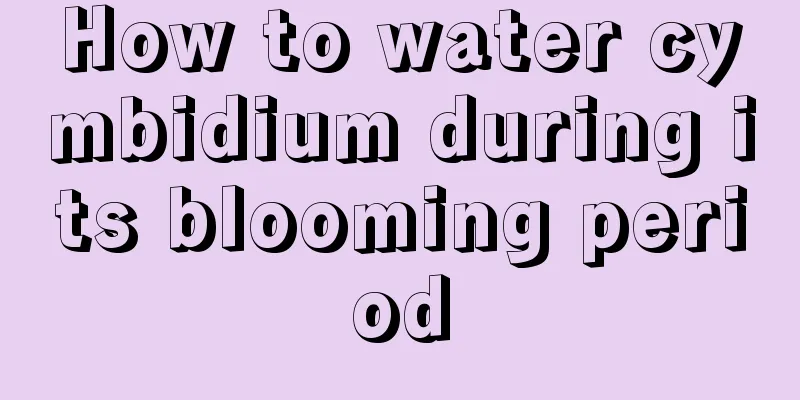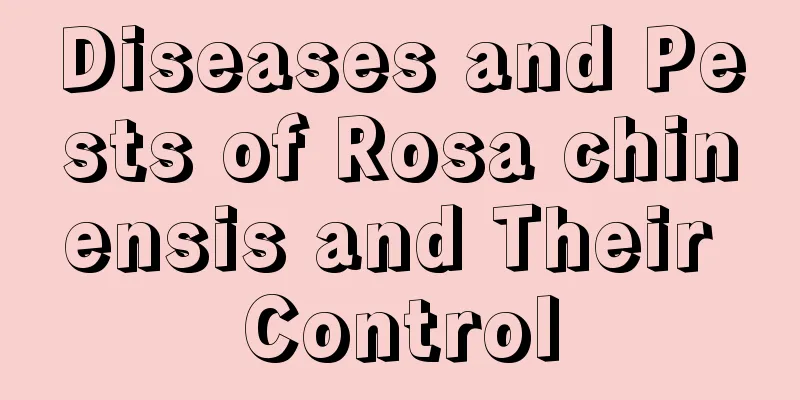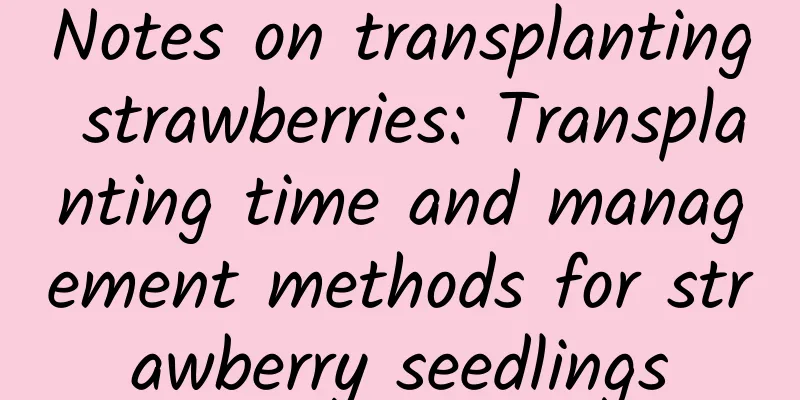Eight things not to do when fertilizing flowers

1. Do not apply fertilizer to newly planted plantsNewly planted plants have many wounds. If they are stimulated by the outside world, they cannot heal and will cause root rot. 2. No application during flowering periodFertilizing during the flowering period will cause buds, flowers and fruits to fall. 3. No application during dormancy periodFlowers stop or slow down their growth during the dormant period, have a slow metabolism and poor photosynthesis. If fertilizer is applied, the dormancy will be broken quickly, causing the plants to continue growing, which will consume more nutrients and affect flowering next year. 4. Do not apply fertilizer under the rootsAs flower plants continue to grow, their root systems also gradually expand accordingly. If fertilizer is applied under the roots, it will be detrimental to their full absorption and utilization. Therefore, depending on the growth of the plant, fertilizer should be applied in holes at an appropriate place away from the roots or at the edge of the pot to facilitate root absorption. 5. Do not apply concentrated fertilizerWhen fertilizing potted flowers, the concentration should not be too high or the amount should not be too large, otherwise they will die. Generally, we should follow the principle of "applying small amounts of fertilizer frequently", with three parts fertilizer and seven parts water being the most appropriate. 6. Do not apply raw fertilizerIf uncomposted fertilizer is applied, it will not only be easy to breed insects and maggots, often emitting foul odors and polluting the environment, but will also ferment when it comes into contact with water and damage the root system of the plant. 7. Apply more than just nitrogen fertilizerWhen fertilizing flowers, nitrogen, phosphorus and potassium should be used in combination. It is best to use cake fertilizer, manure, compost, chicken, duck and pigeon manure, bone meal, leaves, wood ash and other farmyard manure as the main fertilizers. If only nitrogen fertilizers are applied, it will easily cause the growth period of branches and leaves to be extended, flowering to be delayed or not occur, or the flowers to be small and light in color. 8. Do not apply fertilizer to sick and weak plantsSick and weak plants have thin branches, poor photosynthesis, slow metabolism, and are "unable to be replenished". If fertilizers are applied casually, it is easy to cause fertilizer damage. |
<<: The correct way to water Lithops
>>: What to do if Lithops grows too tall
Recommend
How to plant sage and when to plant it
1. Planting time Sage should be sown in spring or...
How to cultivate Buddha beads Lover's Tears
1. Breeding conditions 1. Potting soil: The Buddh...
How to grow cotton willow
1. Breeding environment 1. Soil: Cotton willow ha...
This kind of flower is timeless and always blooms. I fell in love with it at first sight!
Hanging air drying method 1. Flower preparation T...
This way of growing flowers doesn't cost a penny. I'm convinced
flowerpot Eggshell flower pot 1. When cooking egg...
How many years does it take for wax apples to bear fruit?
Wax apple, also known as syzygium wilfordii , is ...
What flowers are suitable for growing in Xilin Gol League, and what are the city flowers and trees?
1. Climate characteristics of Xilin Gol League Xi...
How to eat yam? Can yam be eaten raw?
1. How to eat 1. Stir-frying: Yam is a nutritious...
When do peach blossoms bloom? What do peach blossoms look like?
1. What season is it open? Peach blossoms usually...
Do microbial agents have a rooting effect (promoting the growth of crop plant roots)?
Have farmer friends discovered a problem? No matt...
What to do with flowers at home when you are away from home
Shorter watering methods If you are going to be o...
The efficacy and function of peanuts
effect Peanut fruits are rich in nutrients, most ...
The difference between Jade cicada flower and iris
1. Difference of blades The leaves of the Jade Ci...
Top 10 Air Purifying Plants
1. Monstera Monstera is a plant that can purify t...
When is the right time to sow sunflowers?
Sunflower planting time Sunflower is a plant of t...









